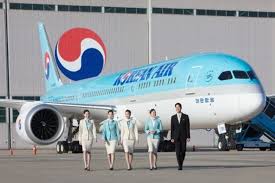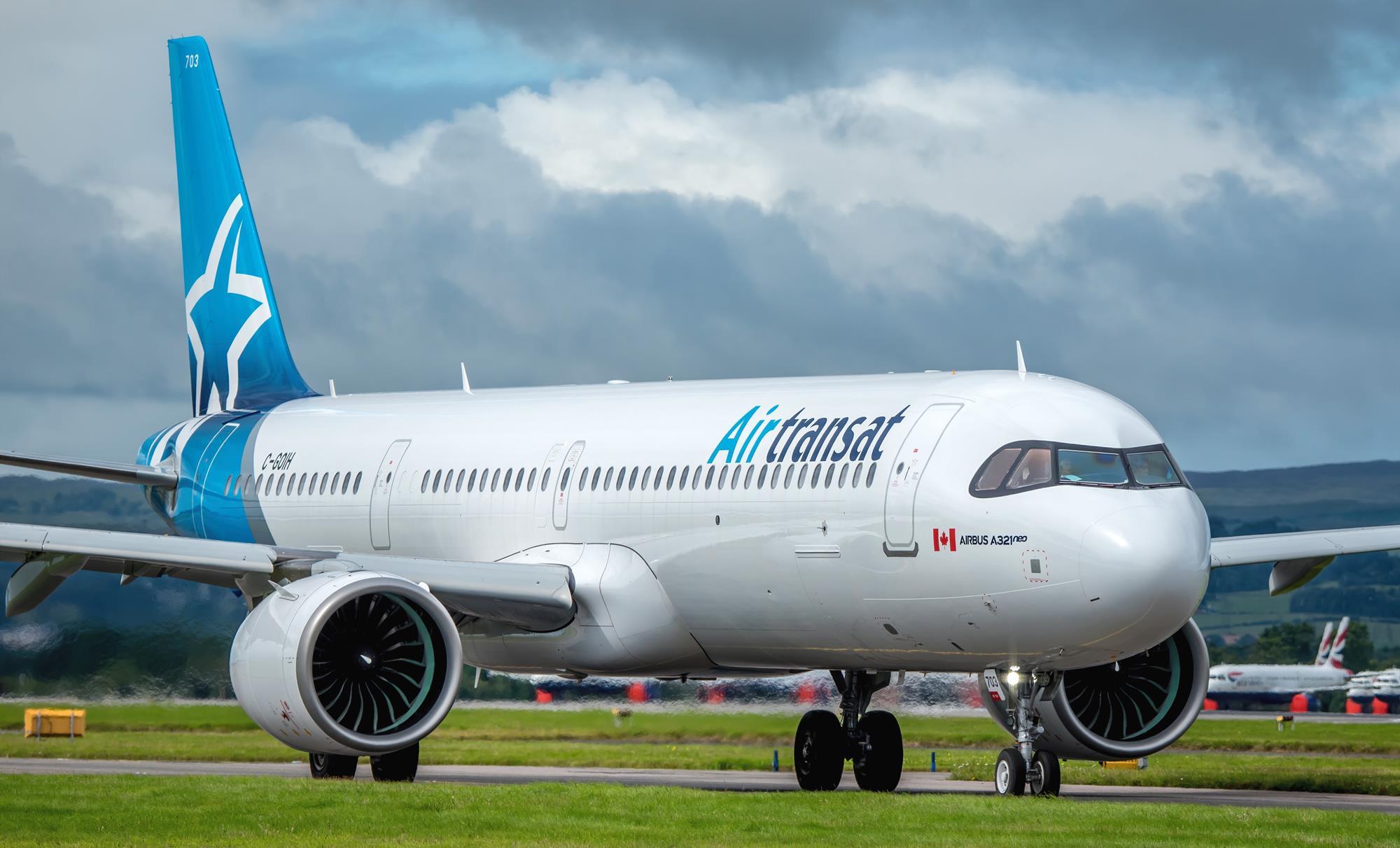
Historic Acquisition in the South Korean Aviation Market
In a landmark move for the South Korean aviation industry, Korean Air has officially completed its acquisition of Asiana Airlines. More than four years after initially announcing the merger, Korean Air finalized the deal by making a payment of KRW800 billion (USD558 million) on December 12th. This transaction was greenlit after the United States Department of Justice decided not to contest the merger, which was initially announced on November 16, 2020.
Significant Investment and Strategic Expansion
The total acquisition cost was pegged at KRW1.5 trillion (USD1.05 billion), which facilitated the purchase of 131,578,947 newly issued shares, thus giving Korean Air a controlling stake of 63.88% in its smaller rival, Asiana Airlines. This strategic expansion is seen as an influential force reshaping the aviation landscape not only in South Korea but also across Asia.
Korean Air has expressed optimism following the completion of the acquisition and views the merger as a step toward consolidating its position as a global carrier.
Implications for the Global Aviation Industry
The successful merger of these two airlines marks a pivotal moment in the global aviation sector. Korean Air, based out of Seoul Incheon International Airport, is already a dominant player in the international market, and this merger is expected to enhance its operational capabilities and geographic reach. The merged entity aims to improve efficiency and provide enhanced services to passengers worldwide.
Opportunities and Challenges Ahead
The acquisition presents numerous opportunities for the integrated airline. Among the anticipated advantages are:
– Increased Market Share: With the consolidation of routes and resources, Korean Air aims to capture a larger market share both domestically and internationally.
– Enhanced Customer Experience: By uniting the strengths of Korean Air and Asiana Airlines, the merged entity promises an enriched travel experience for its customers.
– Cost Efficiency: The merger is expected to streamline operations and lead to significant cost savings, benefiting both the airline and its passengers.
However, the path forward isn’t without its challenges. The integration process is expected to be complex, requiring meticulous planning and execution to ensure a seamless transition. Both airlines must work together to harmonize their corporate cultures and systems to capitalize on the merger’s potential fully.
This acquisition is a testament to the dynamic nature of the aviation industry, showcasing how strategic collaborations can redefine market dynamics and chart a new course for future growth.
For more updates on the aviation industry and to keep pace with the latest developments, stay tuned to Scudrunners.com



